My earliest memory of the civil war started with the Biafran invasion of the Mid West Region. I was still at boarding school at Government College Ughelli. I remember the Biafran soldiers walking around the main administrative building of the school. We were eventually made to understand that the troops had taken over the whole of the Midwest region. The schools were then told a few days later that the region was now under the control of Biafra. Not too long after that the school closed rather earlier than planned. My family lived in Benin then. We all then went home on holidays. A few weeks later the Nigerian troops started fighting the Biafran soldiers in Ore Ondo state. The Biafran Army was eventually driven back to the outskirts of Benin. It was when the soldiers neared the Benin we began noticing the hostility of the locals to Igbo speaking people.
Igbo people in Benin were advised to leave Benin and go to their various home towns. The advancement to Benin by the Nigerian army happened very quickly. So much so that we did not have enough time to take our belongings. We then escaped to Asaba. This was towards the middle of September 1967. My mother was pregnant with the youngest in my family. In fact she was near term. She did not have the benefit of seeing any obstetrician in the last weeks of her pregnancy. We learnt that many Igbo people who did not leave Benin on time were murdered by the locals and Nigerian soldier. Our properties were looted in Benin. The Nigerian army after capturing Benin City started advancing towards Asaba. This was around early October. Prior to that my mother went into labour and went to a hospital under siege and delivered my youngest brother on September 25th 1967.
By the end of of September we could hear distant shellings around Asaba. From then to around the first few days of October there were rumours that it was not safe to remain in Asaba and that people should escape to the east of the river Niger. My parents thought hard about it and decided to stay behind in Asaba. We started hearing rumours of atrocities being committed by Nigerian soldiers in Agbor and other parts of Anioma. We moved to my father’s property deep in Ogbeogo. By early October Nigerian soldiers had entered Asaba. We started hearing about the atrocities committed by the soldiers in different parts of Asaba. It was extremely frightening. There was no power supply the markets were not open and we could not go anywhere. Lots of shellings around the town.
On one faithful day a couple of Nigerian soldiers started going from door to door in the village searching the houses apparently for Biafran soldiers. A pair of then one afternoon started banging on our front door. It was extremely frightening. My mother opened the door and my father soon followed. We were all singing One Nigeria!. Suddenly one of the soldiers pointed to my dad and said he was a Biafran officer and he would kill my dad. That was the beginning of a 2-hr frenzy of shouting, crying and begging saying he was not a soldier and that he was a civil servant. After a prolonged period he then said what was my father’s name and we told him. He said he had a list of civil setvants from Benin. He brought out this crumpled torn out page of an exercise book that was partly wet. As he scrolled through the list we saw my father’s name. We were so excited to see his name as it confirmed he was a civil servant and not a Biafran soldier. That feeling of relief only lasted a few seconds as the soldier gleefully confirmed the list of names are civil servants to be killed when they got to Asaba. They had been given the list in Benin.Then started another round of shouting, crying and begging that they should not kill my father.
Then from no were came the cries of my 7-day old baby brother who was hidden under the bed in the room next door to protect him from the shell fragments falling through the roof. Suddenly one of the soldiers stopped and asked what was that crying sound. We confirmed it was a baby under the bed. He asked what was the baby’s name and we said he had not been named which was true. He then said to my mum bring the baby out and let’s do a naming ceremony. He proceeded to a strange naming ceremony. Suddenly his mood and countenance changed. He stopped planning to kill my father. They both 2hrs after the ordeal started decided they will not kill my father. To prove the bullet was meant for him they would discharge the bullet through the roof of the building which they did and eventually left the house. It was a most harrowing moment of my life.
After that incidence we knew it was definitely time to leave town. The next day before we could leave town another group of soldiers went round the village and took all the villagers to Mr Uriah’s home and we met others from nearby villages. There were rumours they would massacre all the adult males there. It appears there was a lot of discussion going on between the officers. I remember that very vividly and it was scary. Not too long after we gathered there I saw them bring a farmer who looked to be in his 40s. I saw the soldiers arguing with him. I think they were accusing him of being a Biafran soldier. Before we could say Jack they shot him thrice right in front of us and he collapsed and died. That remains the only time in my life I had seen someone shot and killed. Eventually after so many hours outside in the rain in the dark hours of the day around 9pm we were released. We returned home to Ogbeogo.
The next day we decided to leave Asaba and run into the bush. My dad left with other men ahead of us towards Ibusa via Achalla. We decided to stop on our way at my grand father’s Chief Francis Isichei. On our way we walked past so many dead bodies including in his compound and one of them was my mother’s youngest brother Mr Osi Isichei All the windows of his property were wide open and the house was completely empty. They had apparently been taken to Ogbeosowe where around a 1000 Asaba men were massacred. My mum’s brother Mr Emmanuel Isichei was one of them. My grandfather luckily survived but was wounded. We left Umuaji and escaped to Achalla where we eventually reunited with my father. We stayed in Achalla in one room all 11 of us. We were lucky to be alive. We where in Achalla for around 3 months before we returned to Asaba.
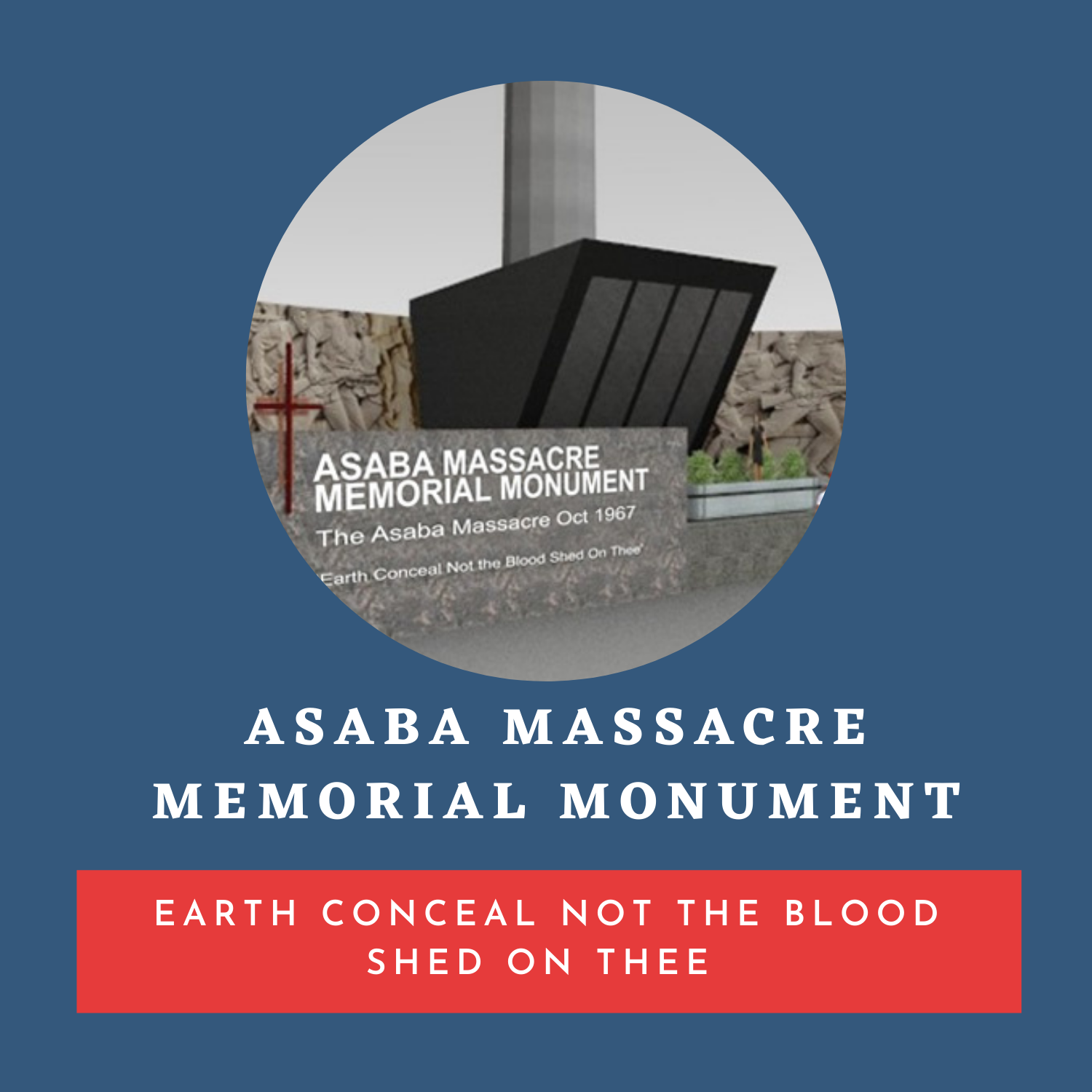
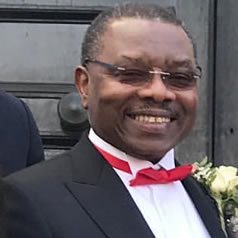
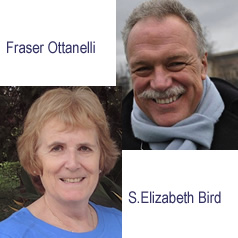
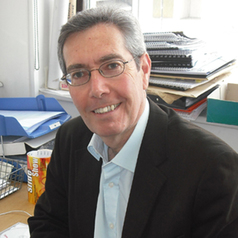
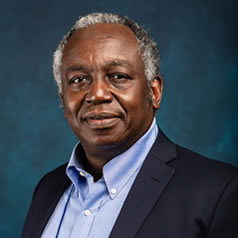
0 Comments